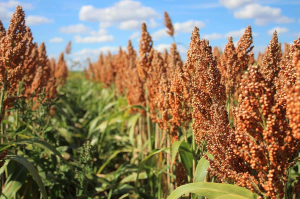Depreciating Rupiah strains Indonesia's food and beverage industry
Chairman of the Indonesian Food and Beverage Entrepreneurs Association (GAPMMI), Adhi S. Lukman, has expressed concern over the significant impact of rupiah's depreciation on the food and beverage industry, which relies heavily on imported raw materials such as milk, sugar, soybeans, and wheat.
Lukman said that the food and beverage industry imports 100 percent of its sugar and wheat needs, 80 percent of its milk requirements, and 70 percent of its soybeans.
"The weakening rupiah will hit the industry hard because many raw materials and other costs are still denominated in US dollars. Additionally, shipping costs have tripled or quadrupled," he said as quoted by Media Indonesia on Tuesday, June 18, 2024.
Lukman urged the government to intervene to stabilize the rupiah against the US dollar, noting that rising raw material costs could erode company profits.
"The government should intervene to keep the exchange rate around Rp16,000 per US dollar. The increase in production costs is clearly eating into profits," he said.
Besides stabilizing the rupiah, Lukman called on the government to reconsider the regulations on export earnings (DHE), which are seen as a burden on the industry.
He also advocated for export incentives and efforts to strengthen upstream production to reduce dependence on imported raw materials.
"The industry also needs to anticipate this by improving efficiency and seeking alternative local raw material sources," he said.
Tag
Already have an account? Sign In
-
Start reading
Freemium
-
Monthly Subscription
30% OFF$26.03
$37.19/MonthCancel anytime
This offer is open to all new subscribers!
Subscribe now -
Yearly Subscription
33% OFF$228.13
$340.5/YearCancel anytime
This offer is open to all new subscribers!
Subscribe now






